BRITAIN CAN’T MAKE ITS MIND UP – Britain doesn’t just have political gridlock, it has “expert gridlock.” Equally qualified, credible experts offer totally opposite answers to the same policy question. The result? Ministers freeze, policies stall and urgent problems drift on.
In a world where every decision comes wrapped in data, forecasts and impact assessments, you might think expert advice would speed things up. But those experts always disagree, politicians see risk everywhere. Pick one side and you alienate the other, not to mention the voters they influence. It is almost always safer to do… nothing – and then try to find an excuse someone may almost believe.
Immigration policy yo-yo.
Economists have been arguing for years about the fiscal impact of immigration. One camp says young migrants boost the workforce; help fund pensions and plug skills gaps. The other warns that migrants need housing, schools and healthcare from day one and conclude that migrants’ net contribution to UK society’s P&L will shrink as they age.
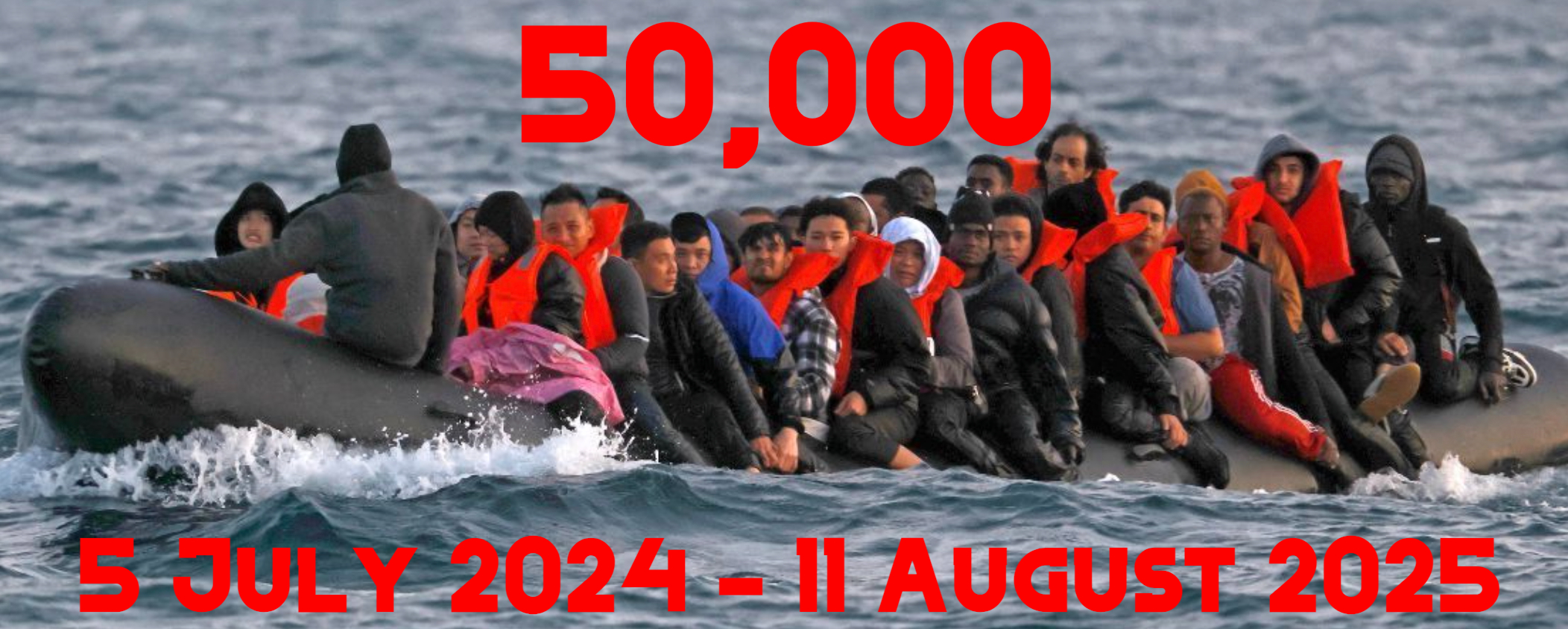
Both arguments have credible evidence. Ministers bounce between “we need more workers” and “we must cut numbers”, never sticking with a clear long-term plan. For the public, the U-turns look like incompetence, but they are really the product of expert stalemate.
build faster, or protect more?
Housing reform is another battlefield. Developers and pro-growth economists argue that slow, complicated planning rules block new homes, drive up prices and stifle economic growth. Environmental and heritage experts warn that deregulation risks bulldozing landscapes, harming biodiversity and creating soulless developments unfit for human habitation.
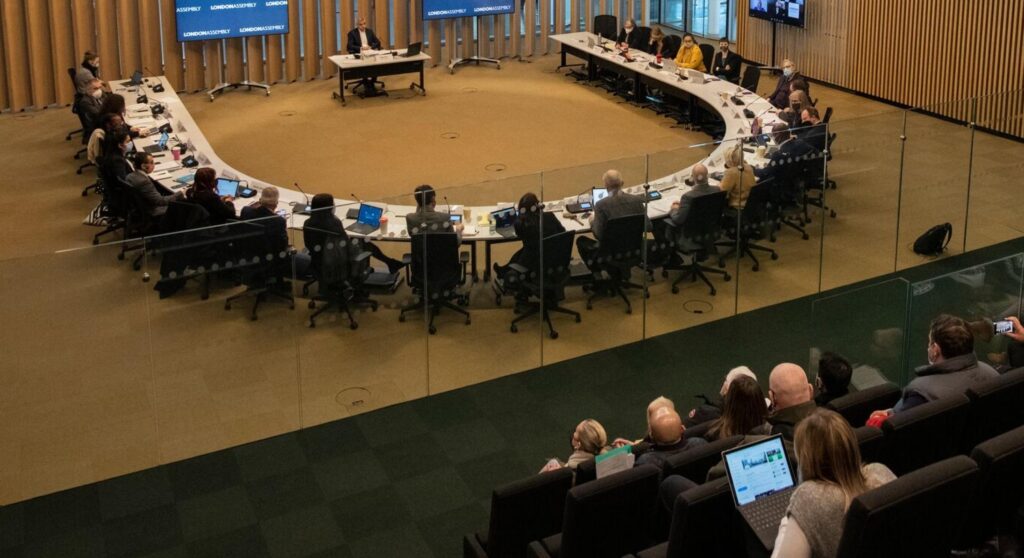
Successive governments have promised to “streamline” planning 100 times, but every reform triggers a wave of objections, inevitably backed by expert reports. Projects stall, costs rise and the housing shortage gets worse. The irony? Both sides agree Britain needs more homes, but expert paralysis blocks the action everyone agrees the UK needs.
HS2: the model wars.
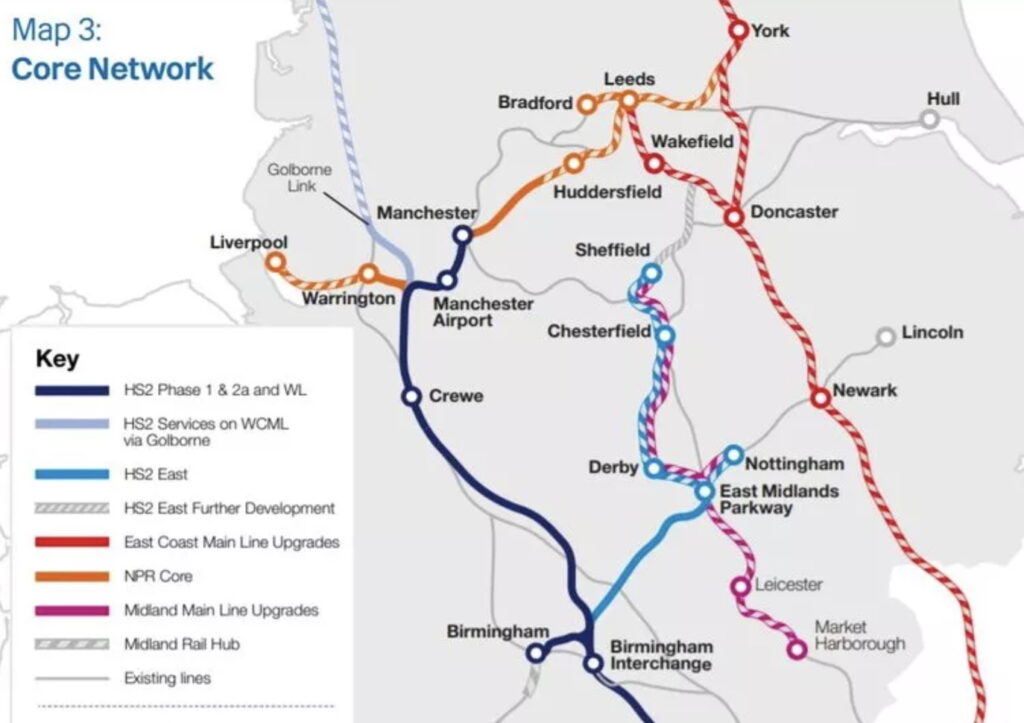
Large-scale infrastructure projects like HS2 are built on decades-long forecasts (The Channel Tunnel was before my time, but I’m told that “went on a while” too…) Supporters use models that predict higher productivity, better connectivity and long-term regional growth. Critics point to huge cost overruns, weak cost-benefit ratios and environmental damage. Both are right, speedy decisions are impossible.
Faced with this, ministers keep tinkering: cancelling sections, delaying decisions and re-scoping the project. The end result is often the worst of both worlds: high costs without the full benefits. Military procurement faces similar issues: it’s a miracle the UK’s two shiny new aircraft carriers float but perhaps not surprising that we don’t have the planes to make sense of them.
the courts are not immune.
The Lucy Letby case shows that expert gridlock is not just a policy problem. Medical and statistical experts publicly disagree on the strength of the prosecution evidence, while others insist the original verdict was sound.
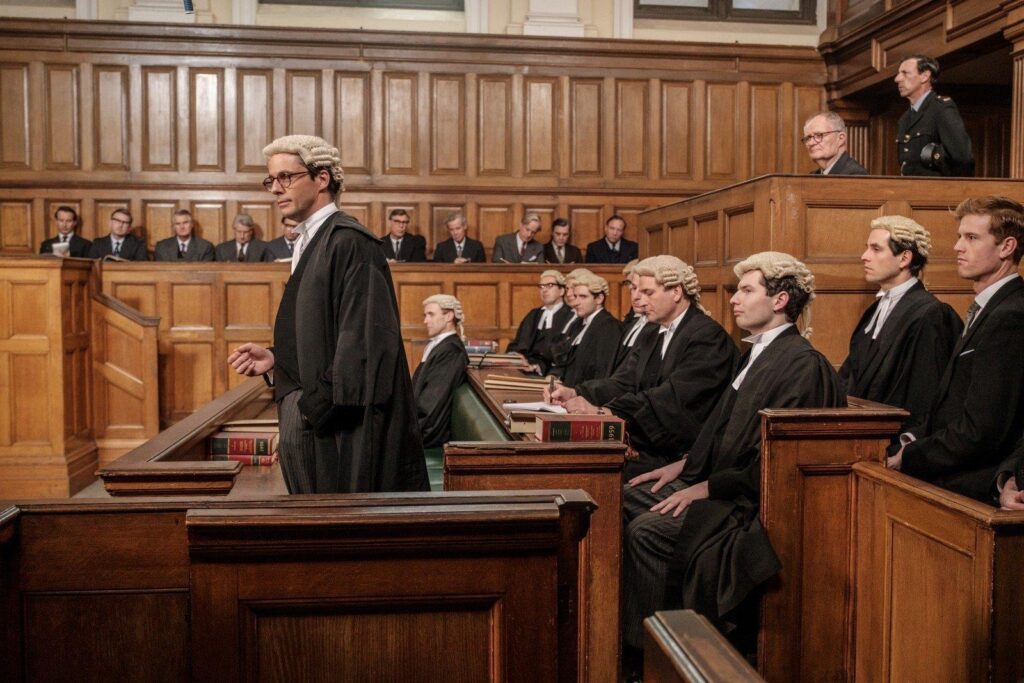
The case will go to appeal where “experts” will argue that other “experts” are serially misguided, but seven babies will remain dead and another seven babies seem to have survived attempts on their lives and the impact of that “expert-driven” appeals process on the parents can not be imagined, while public trust in the UK’s medical and judicial systems plummets ever lower.
Why does political gridlock stick?
Increasingly the UK’s political horizons are constrained by the “expert gridlock” beneath it:
- The issues are genuinely complex while different disciplines use opposing methods and values.
- Politics rewards delay as doing nothing avoids taking sides, particularly if you can effectively blame your political opponents for the inaction.
- The media loves a fight, so conflicting expert positions make far better headlines than quiet agreement.
Breaking the deadlock.
We can not simply “magic” away uncertainty, but we can handle it better:
- Create independent “evidence synthesis” bodies to map where experts agree and disagree, so ministers can make informed choices without cherry-picking.
- Be honest with the public about uncertainty: explain the trade-offs rather than pretending the underlying science is settled.
- Set deadlines for decisions, even if evidence is incomplete, to avoid endless drift.
- Establish lay people juries for complex politicised questions…don’t convince us, talk to them!

Britain doesn’t lack expertise, it’s drowning in it! When the experts disagree (as they inevitably do), our political process freezes. If we want progress on immigration, housing, infrastructure, or any other big challenge, we need to stop treating disagreement as an excuse for inaction and start making decisions in the face of uncertainty, reducing expenditure on bulking up both sides of an argument and mandating some simple formulae for subjecting complicated decisions to common sense democratic control.
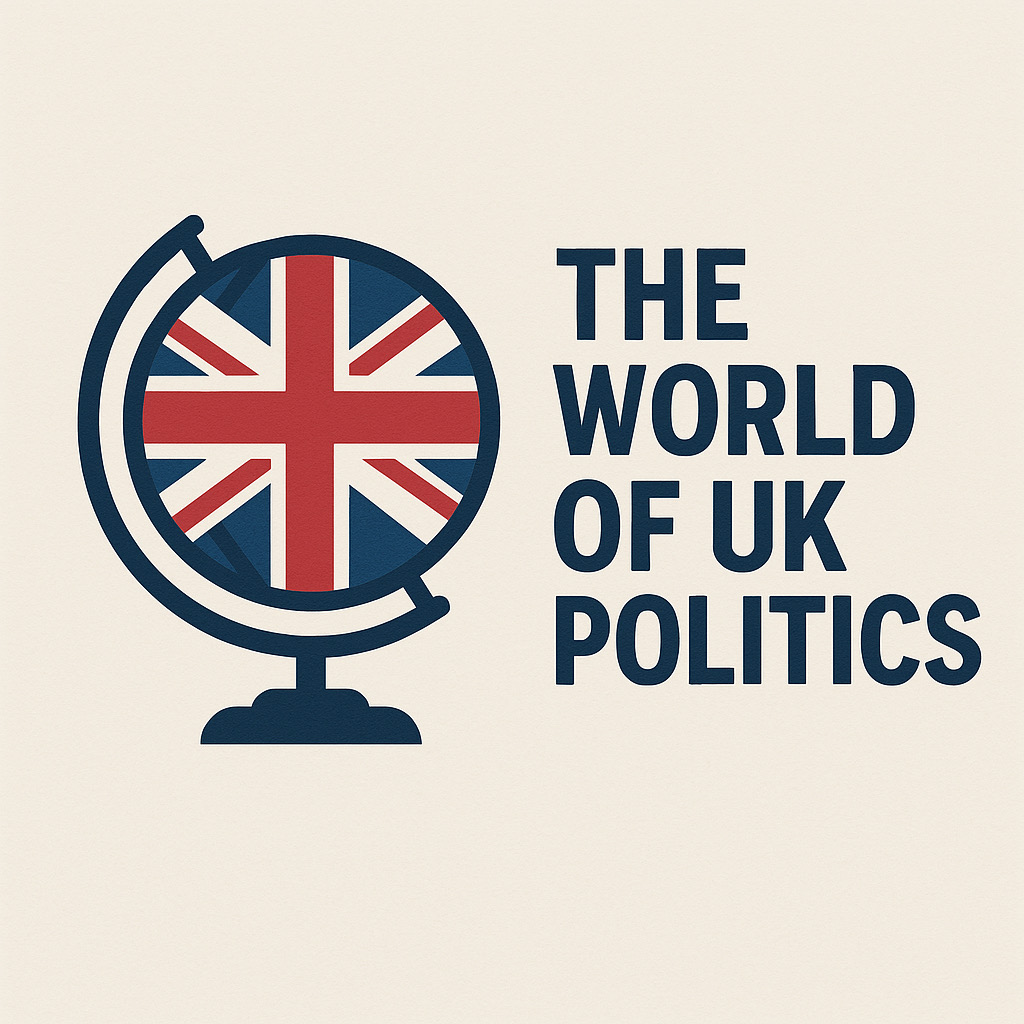

Leave a Reply